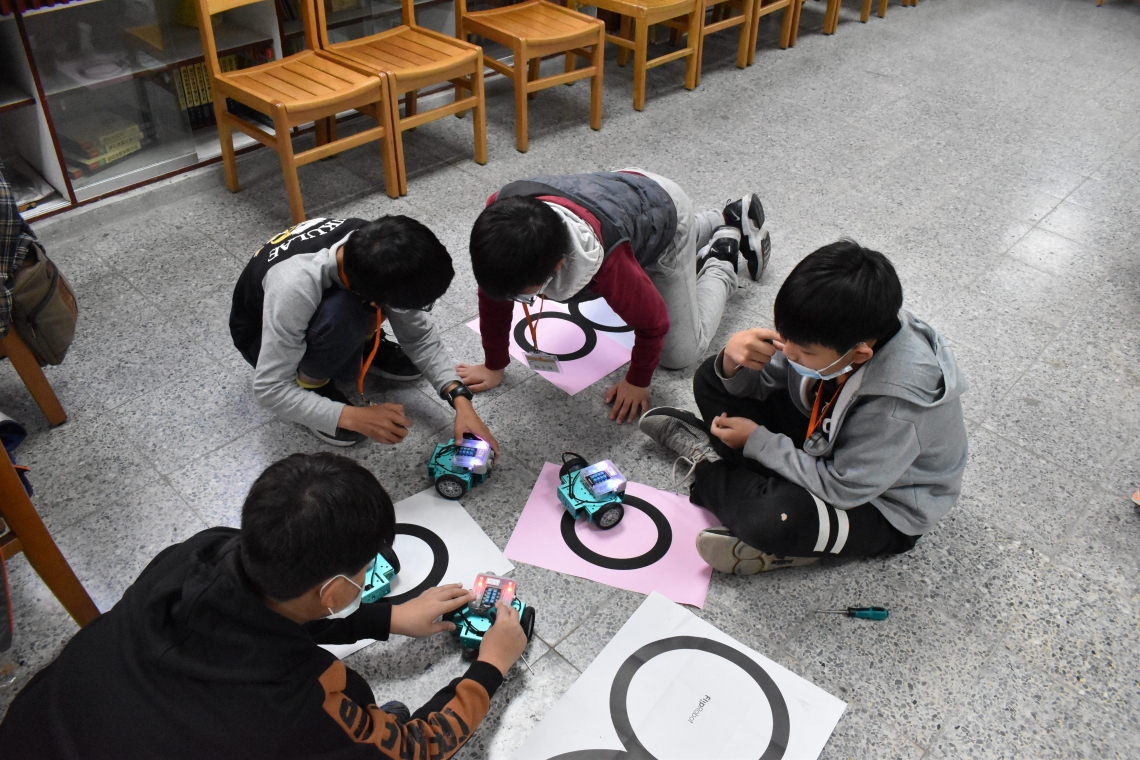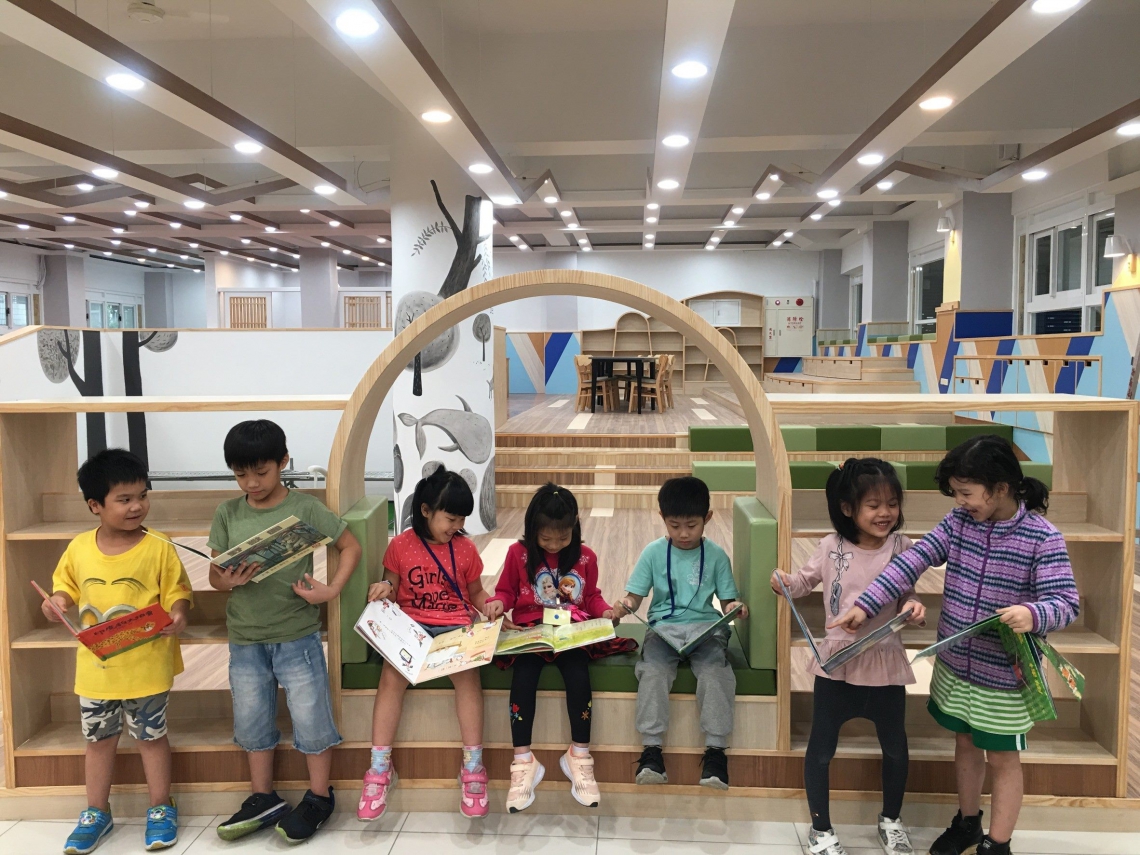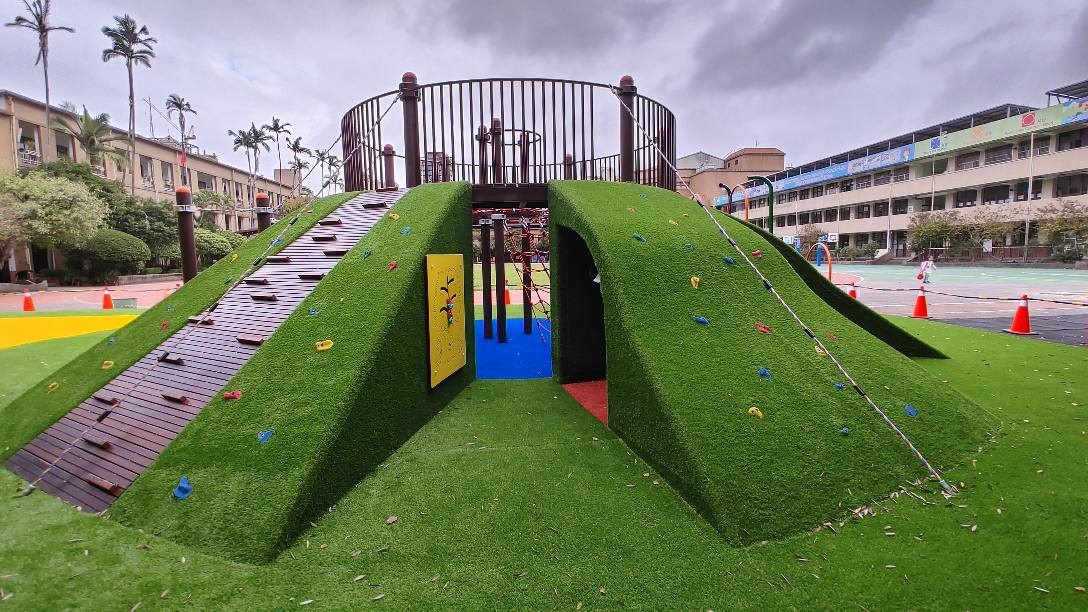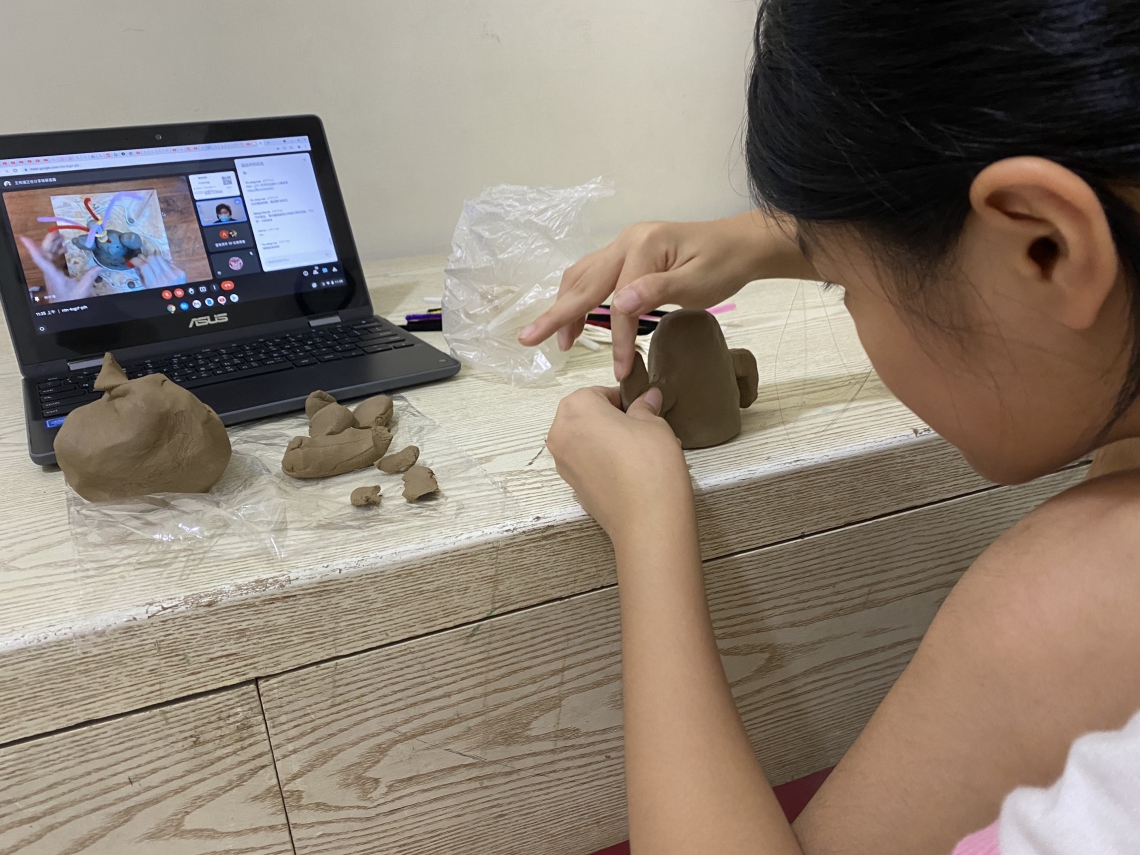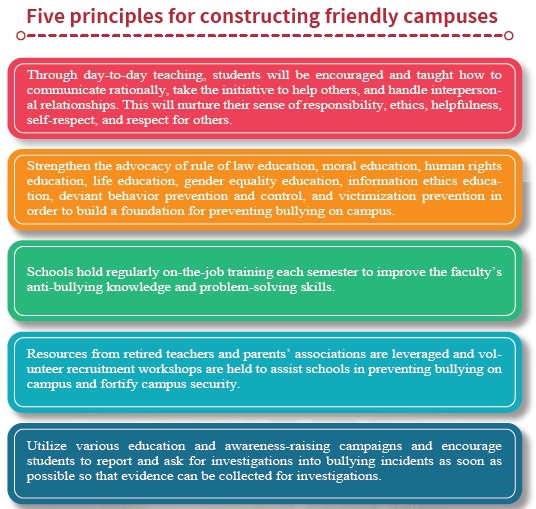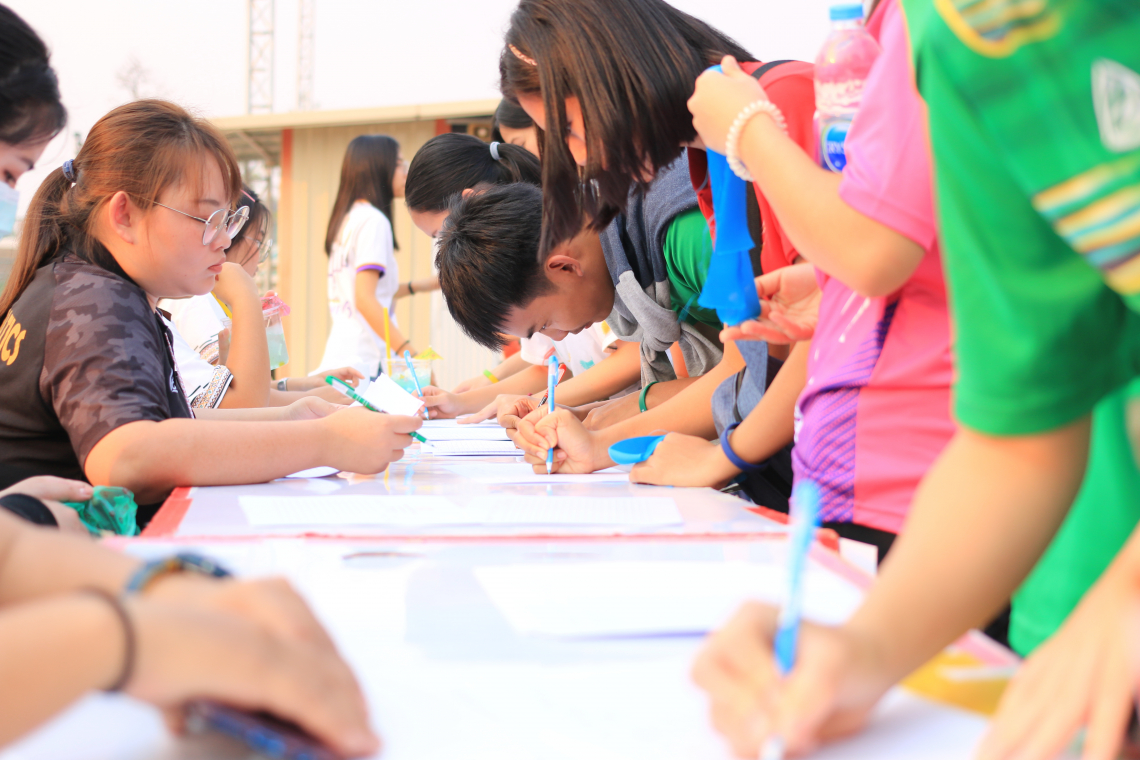
By 2030, ensure that all girls and boys complete free, equitable and quality primary and secondary education leading to relevant and Goal-4 effective learning outcomes.
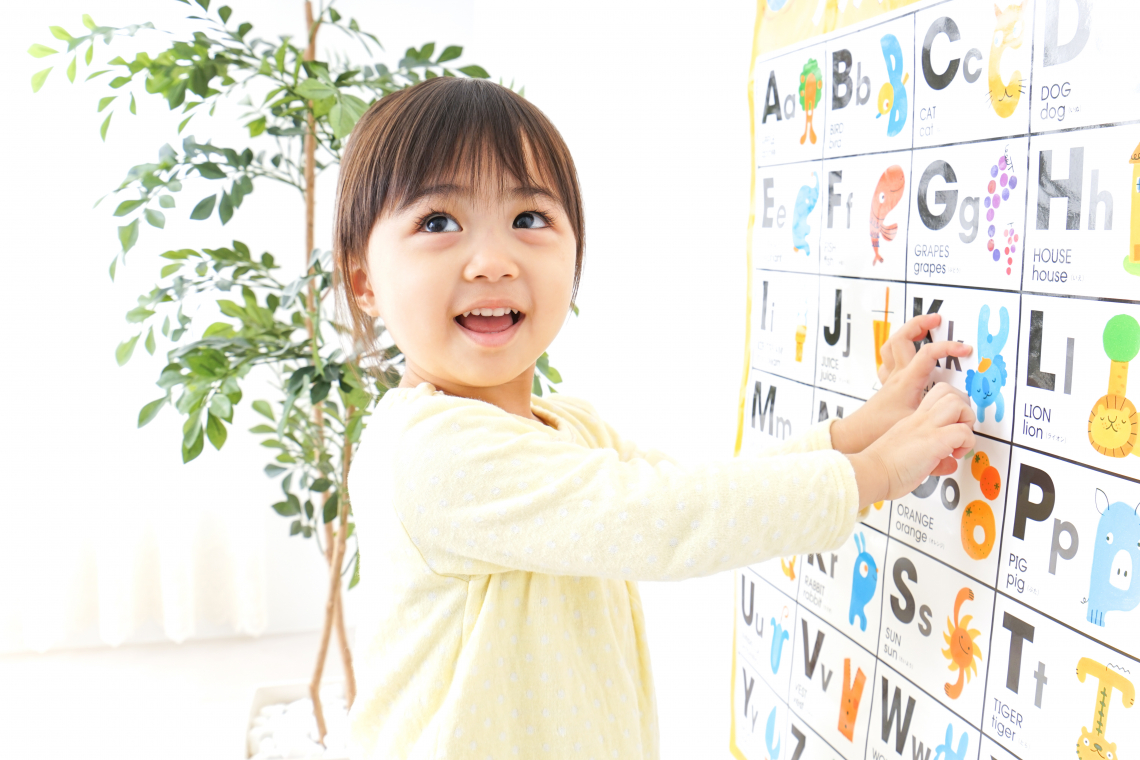
By 2030, ensure that all girls and boys have access to quality early childhood
development, care and preprimary education so that they are ready for primary education.
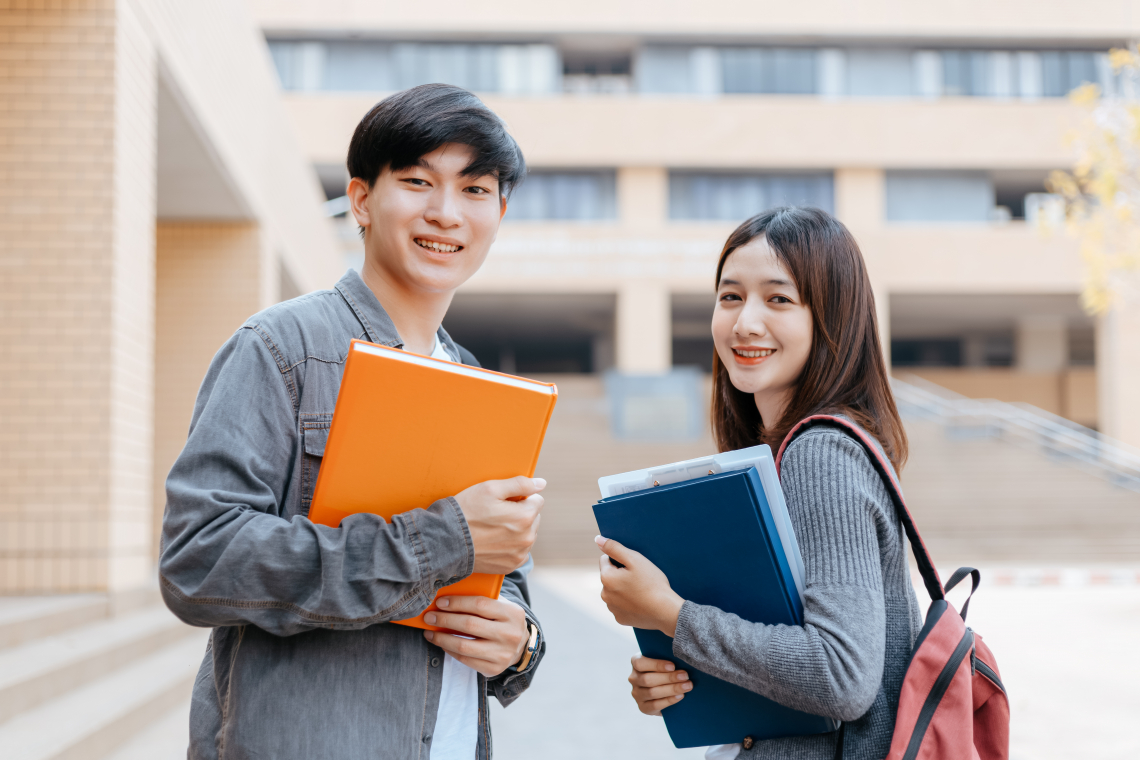
By 2030, ensure equal access for all women and men to affordable and quality technical, vocational and tertiary education, including university.

By 2030,substantially increase the number of youth and adults who have relevant skills, including technical substantially and vocational skills, for employment, decent jobs and entrepreneurship.
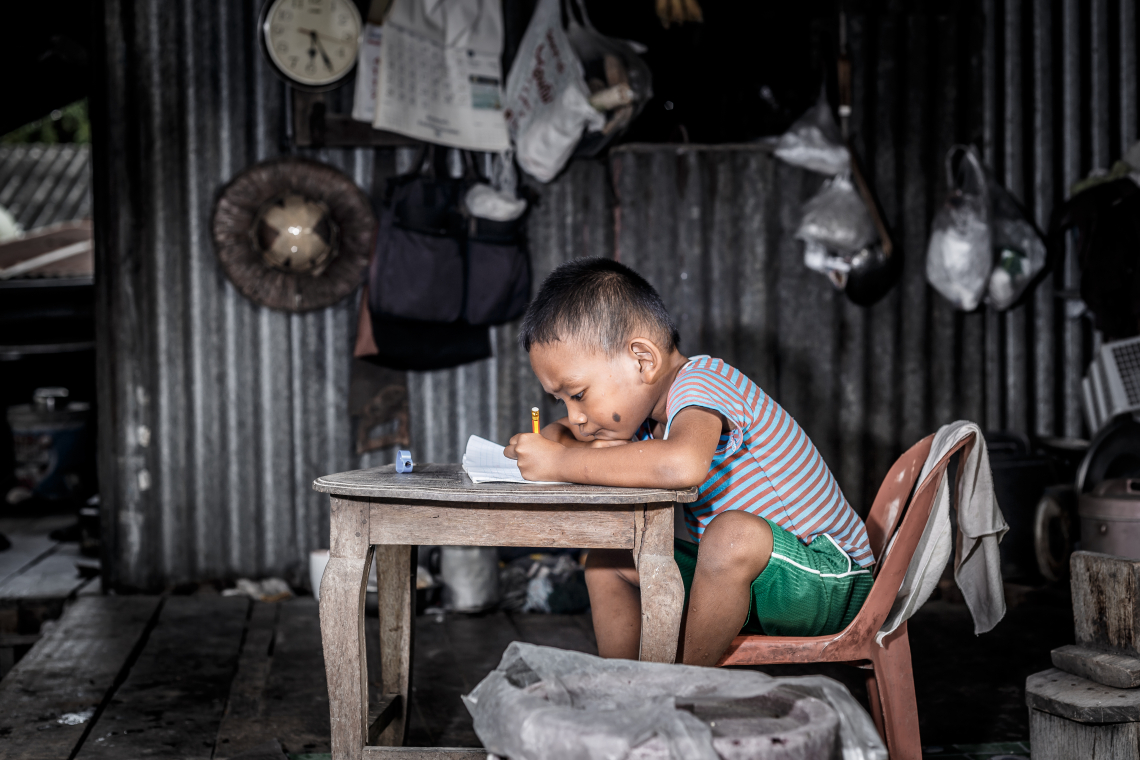
By 2030, eliminate gender disparities in education and ensure equal access to all levels of education and vocational training for the vulnerable, including persons with disabilities, indigenous peoples and children in vulnerable situations.

By 2030, ensure that all youth and a substantial proportion adults, both men and women, achieve literacy and numeracy.
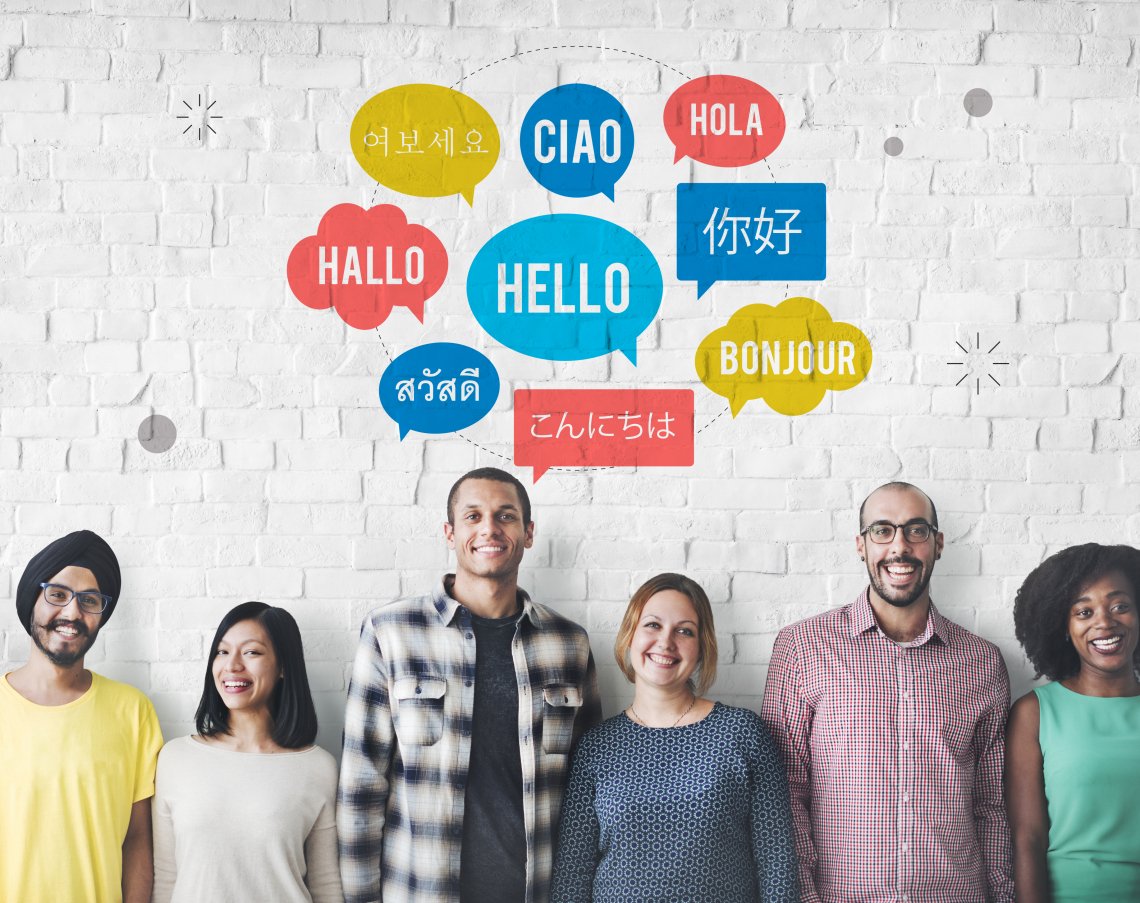
By 2030, ensure that all learners acquire the knowledge and skills needed to promote sustainable development, including, among others, through education for sustainable development and sustainable lifestyles, human rights, gender equality, promotion of a culture of peace and non-violence, global citizenship and appreciation of cultural diversity and of culture’s contribution to sustainable development.
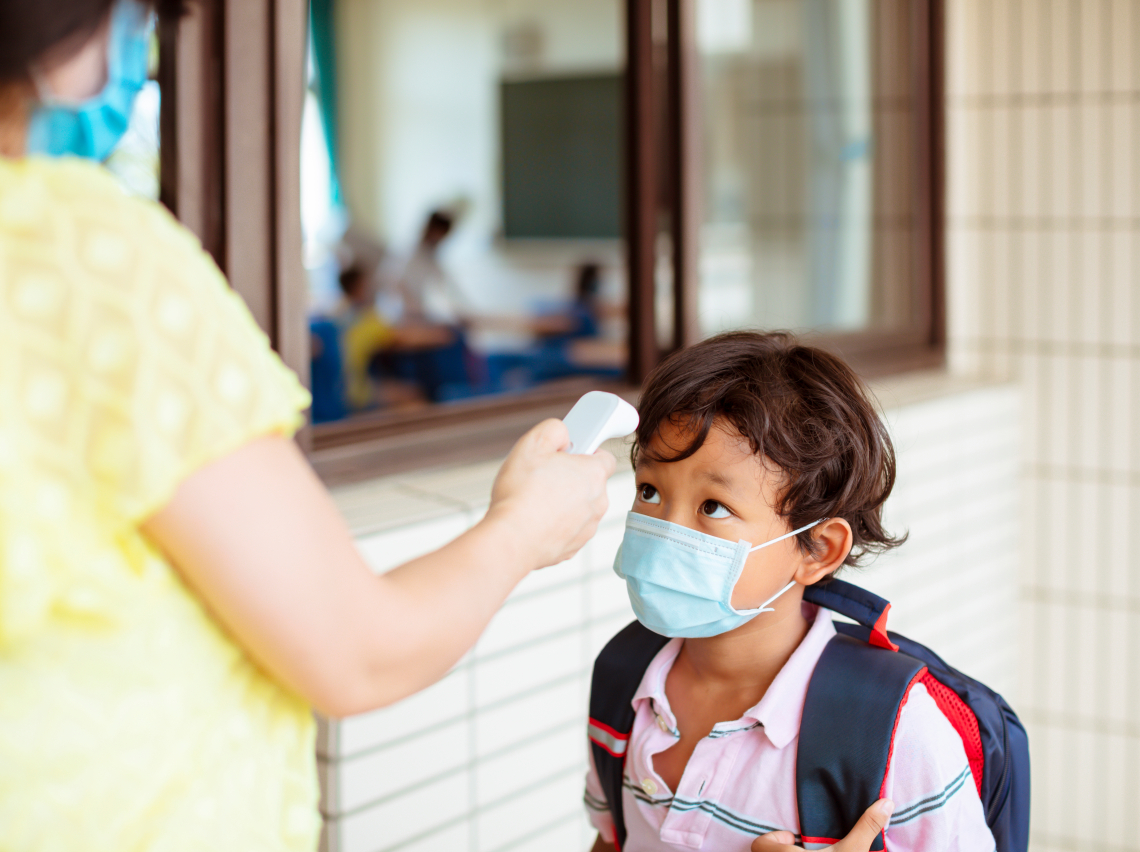
Build and upgrade education facilities that are child, disability and gender sensitive and provide safe, nonviolent, inclusive and effective learning environments for all.
